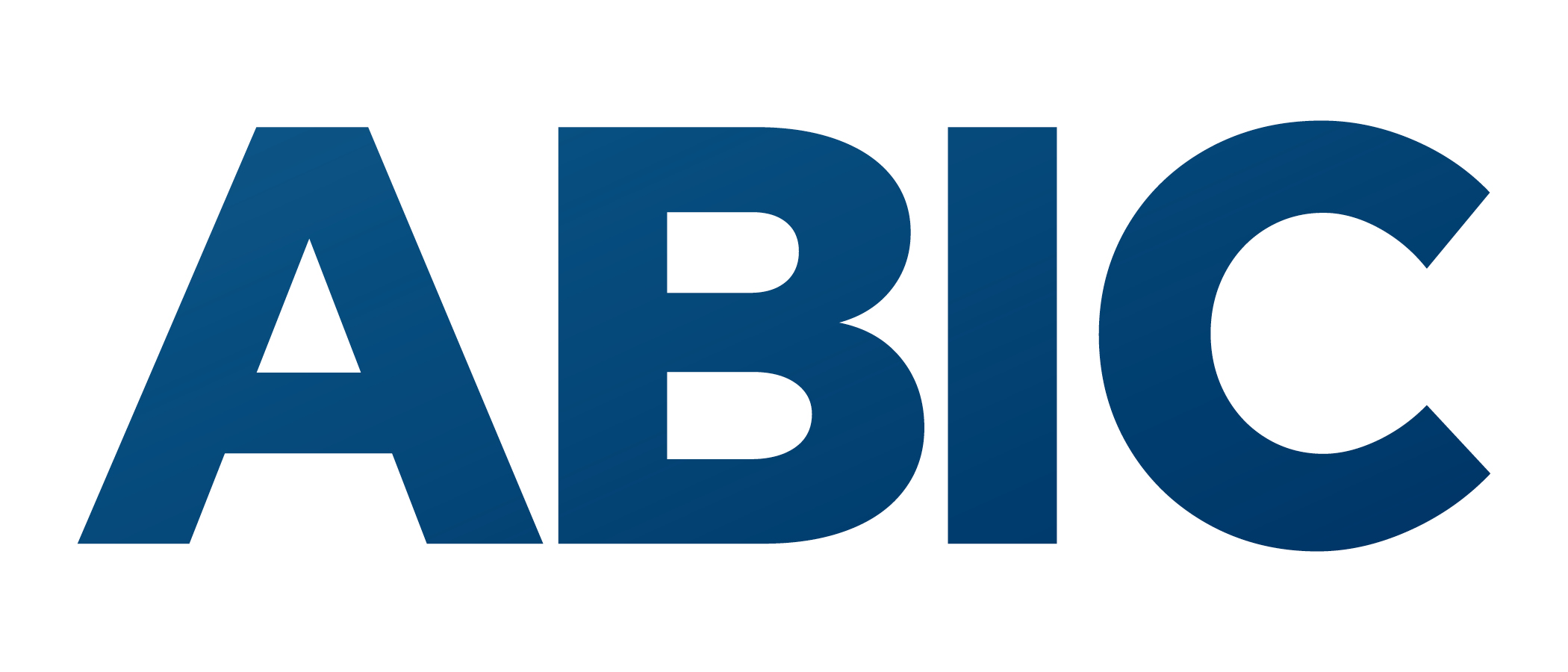International business has a role to play in reducing rush hour traffic congestion, but government will need to improve and expand bus and ferry service to successfully address the problem and enable business to participate in its solution, a survey of international companies reveals.
“In collaboration with the Ministry of Tourism and Transport, The Association of Bermuda International Companies (ABIC), recently surveyed 53 member company CEOs and 578 staff to help identify workable solutions to transportation and traffic issues in Bermuda,” said ABIC Board member George Hutchings.
“The results showed that two thirds of the employers believe that business has a role to play in reducing traffic congestion – by doing things such as offering flexible hours to employees or the option of having employees work from home, and actively discouraging individual car use, while providing incentives for employees who carpool or use public transport,” he said.
“However, most – 61% — of the employees surveyed say they will not use public transport as it is currently offered, and nearly half said they will not use carpools.”
The solution, according to the ABIC survey, is a considerably improved public transport system. Almost half the employees, who participated, made suggestions for improved and expanded bus and ferry services.
“ABIC has suggested that Government expand and improve public transportation,” said Mr. Hutchings. “In particular, we recommend extending the hours of service, increasing the number of vessels and buses that operate on key routes, offering additional shuttle/van service, and increasing ferry and bus stops and ferry stop parking. Once those elements are in place, business can then provide the incentives to shift behavior from private to public transportation. Currently, there is little excess capacity and not enough frequency to allow an incentive program to work.”
For its part, he said, ABIC members are likely to be willing to promote public transportation by providing a free bus and ferry pass to employees willing to use those modes of transport. They could also discourage the use of private transportation by charging for staff parking, and offering priority or free parking for those staff that carpool.
“ABIC does not support any transportation solutions that target one segment of the island´s residents versus another. This is a problem that was created by all of us and all of us must be part of the final solution,” said Mr. Hutchings.
Survey highlights
– Two-thirds to three-quarters of the people working for the companies surveyed begin work between 8:30 and 9:00 a.m., and leave the office between 5:00 and 5:30 p.m. One-third of the people surveyed use a motorbike, and one-third drive to work alone in their car.
– More than two-thirds said the ferry system needed to increase scope and frequency of service, and that parking should be made available for ferry users. One third suggested that the bus schedule, bus stops and shuttle and mini van service be expanded.
– Almost half the companies surveyed offer flextime, and 12% allow employees to work from home. About half (51%) provide parking for employees, and most do not charge for it. Nearly one-quarter (23%) reimburse staff for public parking and 15% promote the use of public transport.
ABIC, the voice of international business, represents 140 international companies in Bermuda.



